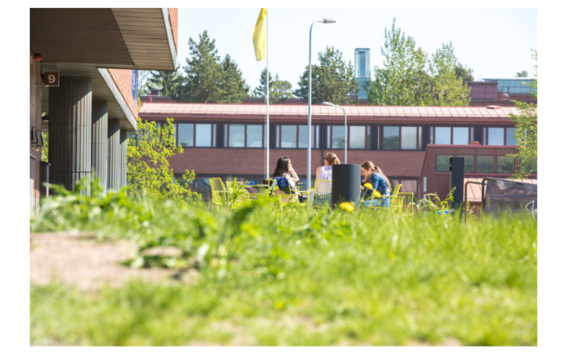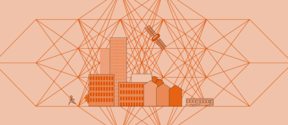Critique towards the conventional food system manifests in the popularity of local and organic food

In her doctoral thesis publicly examined on the 5th of October at Aalto University School of Business Galina Kallio, M.Sc. (Econ.) examines food collectives as a form of activity challenging the prevailing system of food production and distribution in Finland. Kallio’s wide-ranging, longitudinal ethnographic material from the years 2010–2017 shows how food collectives as new form of activity emerged and developed to become a social practice for exchange. In food collectives, households organize themselves to create and establish direct relationships with local farmers.
"In food collectives, people are not only concerned about the problems of food production, but have a diverse set of underlying needs. Many people long for a more social, just and equal society. In addition, many feel they can’t influence one’s own everyday matters sufficiently as consumers through their purchases or as citizens through voting”, says Kallio.
In her research, Kallio characterizes food collectives as an emergent form of economic organising. This type of activity has been studied very little in business sciences and organisational research. Prior research has focused on examining formal and well-established organizations such as business corporations, public organizations and associations, even though the market economy is increasingly being challenged by diverse forms of organization.
"In food collectives, value creation and the traditional roles of producer and consumer, as well as the rhythms of exchange differ from the mainstream. Through collective action and establishing new exchange practices people want to empower themselves and pursue a more profound change in the society”, explains Kallio.
Kallio’s study revealed that the emergence of food collectives reflects broader concerns about unsustainability and inequality of the modern food system.
"At the moment, the prevailing food system produces over two-thirds of global greenhouse gas emissions. Food production that is based on intensive agriculture and highly globalized distribution chains causes numerous problems as it sustains the maltreatment of animals, people and the soil”, summarizes Kallio.
Households are transforming exchange practices
According to Kallio, alternative organization is a growing phenomenon as new practices and ways of organizing around food, but also other spheres like energy, or transportation increasingly transpire outside formal organizations. The prevailing practices of the market economy are being challenged by, for instance, the peer-to-peer economy, the sharing economy, the solidarity economy or the commons economy. The creation of new practices requires unlearning and letting go of the old practices.
"The rhythms of the markets and of the alternative economic practices are very different. When making the transition away from long distribution chains towards direct exchange relations, you have to for instance unlearn that food is available 24/7 as local produce is not available all year round, and during every season", says Kallio. "Whereas from the perspective of the market-based economy this is easily seen as restricting consumer choice, in food collectives following natural rhythms is valued.”
Kallio’s research challenges the dominance of markets as the main explanatory concept of economic action and emphasizes a more interdisciplinary understanding of economic organization. “Market exchange is only one way of organising the economy, and we should see economic activity as much more diverse and also recognize alternative forms of economic organizing”, emphasises Kallio.
Galina Kallio’s doctoral dissertation in Organization and management "The visible hands – an ethnographic inquiry into the emergence of food collectives as a social practice for exchange "will be examined at the Aalto University School of Business on Friday, October 5 2018.
Further information:
Galina Kallio
[email protected]
tel. +358 50 589 7858
Read more news

Get to know us: Associate Professor Maria Sammalkorpi
Sammalkorpi received her doctorate from Helsinki University of Technology 2004. After her defence, she has worked as a researcher at the Universities of Princeton, Yale and Aalto.
Aalto computer scientists in ICML 2024
Computer scientists in ICML 2024
Getting bacteria into line
Physicists use magnetic fields to manipulate bacterial behaviour